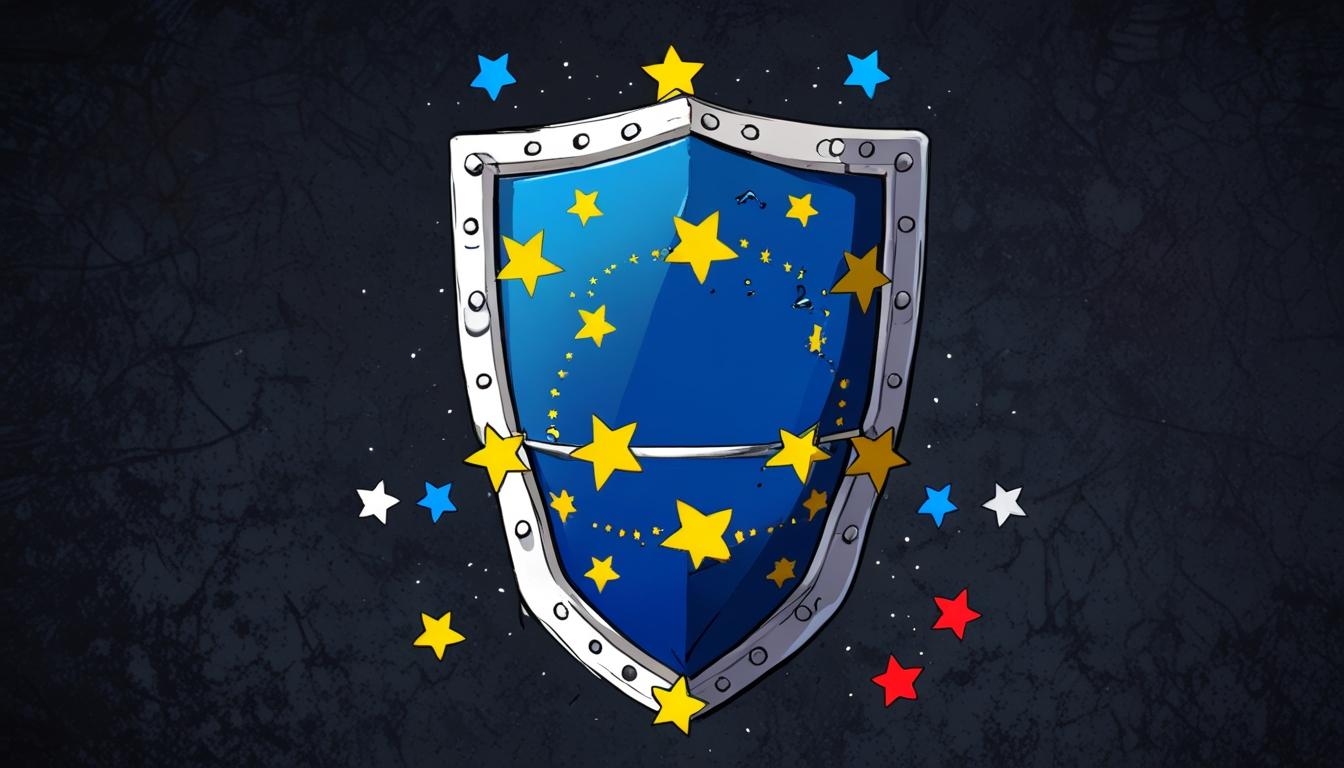The European Union has taken significant steps in enforcing its digital regulations by imposing fines on major US technology companies, marking the first penalties under the EU’s Digital Markets Act. Last week, the European Commission fined Apple €500 million and Meta €200 million for unfair business practices related to their dominant positions in online markets. For instance, Apple was found to have unfairly restricted app developers from distributing their software outside the Apple App Store, where the company takes a commission on sales.
Henna Virkkunen, the EU’s vice-president responsible for tech sovereignty and the bloc’s highest official on digital policy, expressed a firm stance during an interview with The Guardian, emphasising the EU’s commitment to establishing a digital environment that is fair, safe, and democratic. “We are very committed to our rules when it comes to the digital world,” she said.
Despite these fines signalling a willingness to hold powerful tech firms accountable, critics note that the penalties represent only a fraction of Apple’s extensive revenues — which totalled €344 billion last year — and are unlikely to have a major economic impact. Furthermore, there are signs that the EU might temper its approach in certain areas to avoid escalating trade tensions with the United States.
One ongoing investigation concerns X (formerly Twitter), which is being examined under the Digital Services Act focusing on content moderation. The probe began following Elon Musk’s acquisition of the platform in 2022 and has so far resulted only in a preliminary finding of regulatory breach, without any fines imposed. Additionally, there are concerns within the EU that regulatory measures on artificial intelligence, designed to combat disinformation and political manipulation, could be diluted amid pressure from the Trump administration.
The current atmosphere of strained transatlantic relations has led to a cautious approach in Brussels. However, EU officials have faced criticisms from figures in the US administration, such as Peter Navarro, senior adviser to former President Trump for trade and manufacturing, who has described European digital regulations as protectionist “lawfare” against American firms. These assertions clash with the EU’s position that its regulations are aimed at managing a critical part of modern life where US companies have a dominant presence.
Ms Virkkunen underscored the importance of separating regulatory efforts concerning the digital public sphere from broader trade discussions, which have become increasingly fraught with mercantilist rhetoric from Washington. She maintained that the EU must resist intimidation that could force it into unwinding regulations with potential negative consequences for democratic governance.
Beyond the recent fines, the European Commission is actively investigating other platforms, including TikTok and Meta, also over their approaches to content moderation. Members of the European Parliament are urging regulators to expedite these inquiries to hold companies accountable swiftly.
The situation is further complicated by statements from US political figures such as the vice-president John D. Vance, who has publicly equated European efforts to regulate online disinformation and illegal content with the censorship typical of the Soviet era, signalling a robust political defence of American tech interests.
The Guardian reports that despite such external pressure, Ms Virkkunen appears determined to maintain the EU’s regulatory path, standing firm against what she describes as unjustified criticism from the United States. The evolving regulatory environment in Europe serves as a critical test of the EU’s ability to balance open digital markets with the governance of powerful technology platforms.
Source: Noah Wire Services
